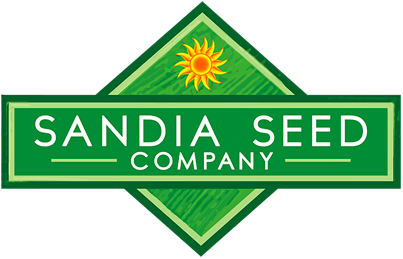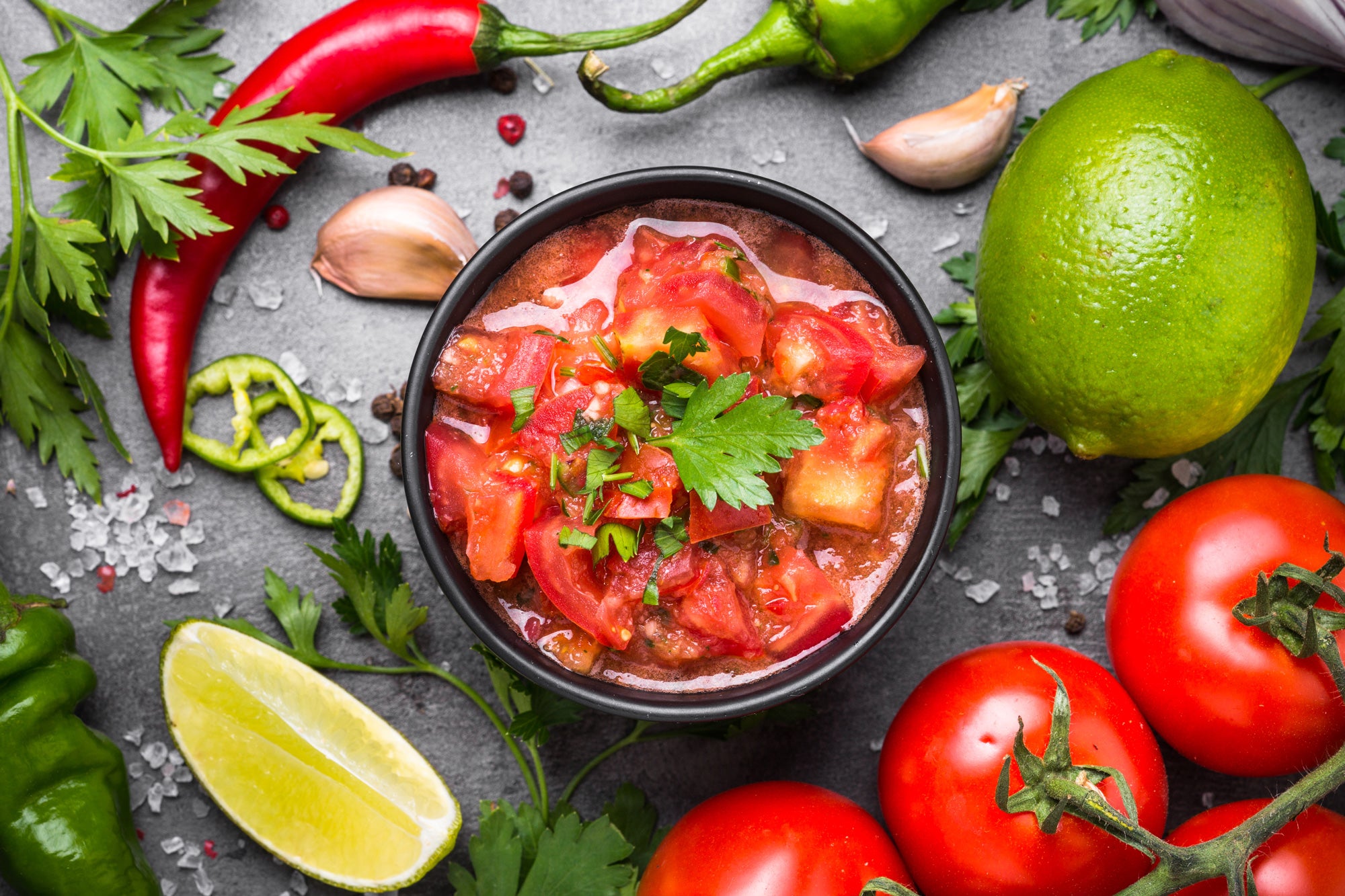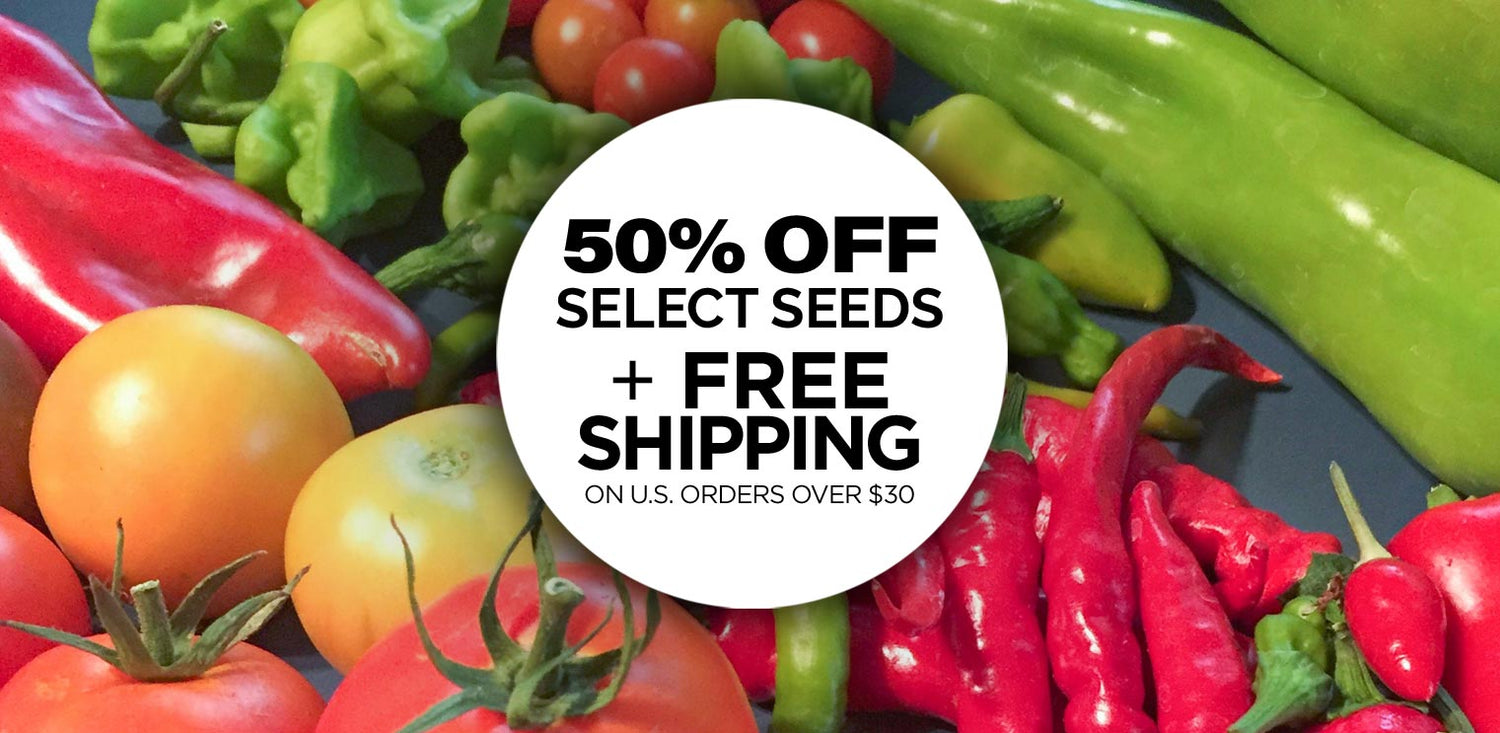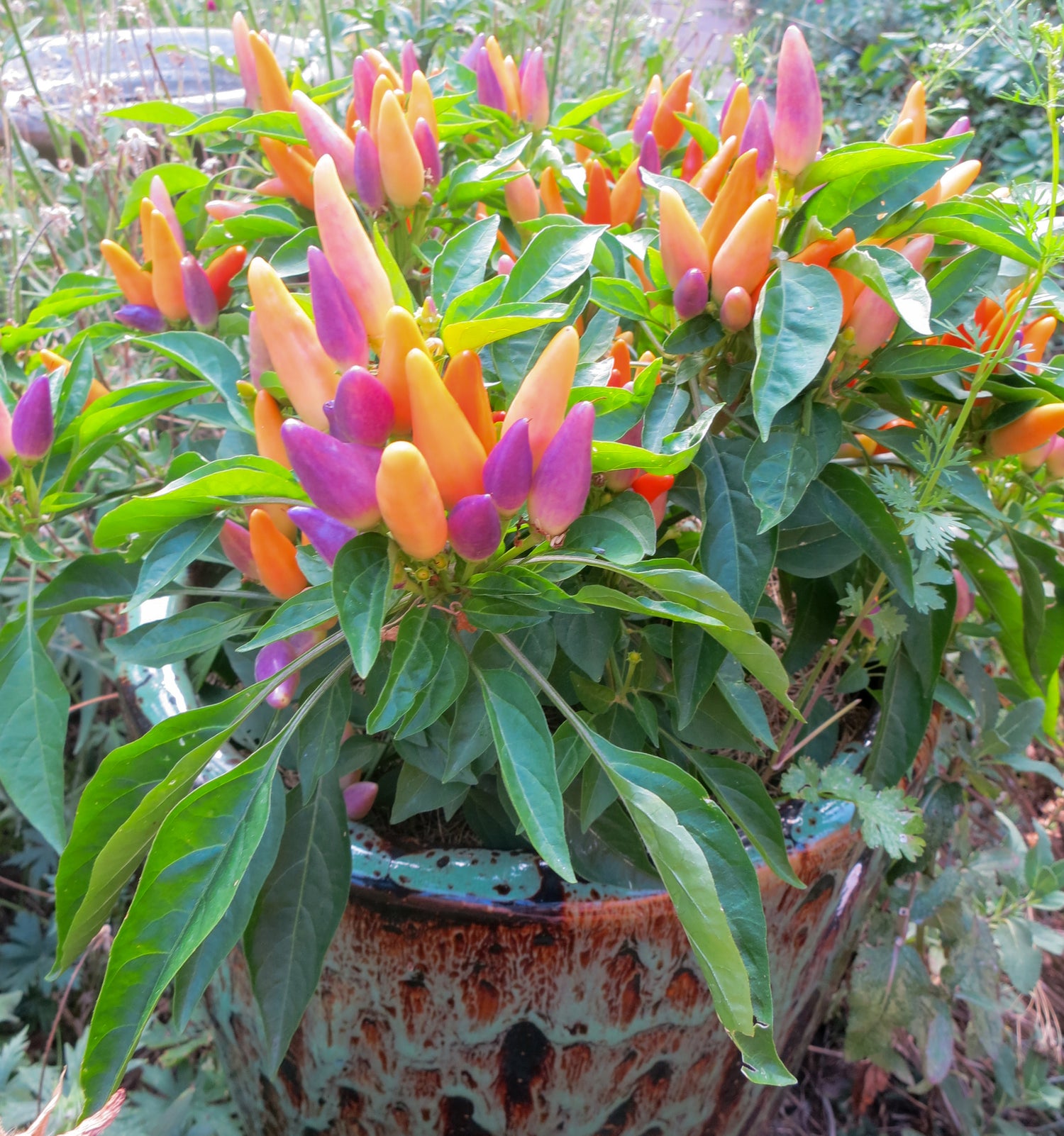Sharing seeds is one of the best ways for communities to share the love of gardening and growing food! Here are our top tips for starting a seed library in your community:
Step 1:
Find a community space for the Seed Library
A well-visited community space is your best bet! Choose a venue that is free and open to the general public such as a local public library or community center.
Some people are starting to create outdoor "Little Free Seed Libraries" alongside the book versions – which are great but make sure they are watertight and put them in a shady area so they aren't cooking in the sun. It may be best to pull seeds inside if the temperature gets too hot. You could also store seeds in water-tight glass jars with desiccant packages if it rains a lot or the area has high humidity.

Step 2: Get a Cabinet for Storing Seed
A sturdy wooden cabinet can work! Search thrift stores or antique stores, yard sales, or online marketplaces to find old cabinets that were used for holding cards. Many librarians have repurposed old card catalog units that can be used for seed libraries, so don't hesitate to ask. Make sure the slots are large enough, a good height for the drawer is about 6 inches. You can also organize seeds in shoeboxes, old lunchboxes, recipe boxes, old drawers, or many other storage containers – get creative!

Step 3: Get Seeds!
Get the community involved:
- Ask Seed Companies for seed donations
(Sandia Seed donates seeds to seed libraries every fall!) - Ask local garden centers, hardware stores, etc for seeds – many shops are happy to donate last year's seeds that were leftover from the previous season. Many seeds last for years*.
- Plan a Seed Library Launch Party - ask neighbors, friends and family to bring seeds to share to get the seed library stocked up!
- Connect with local gardening groups and garden-related non-profits! For example, the Wild Ones is a great organization with local chapters across the USA that help partner with people to offer native plant seeds and host seed swaps. Some people are starting native seed libraries, which is a wonderful way to get people to support more wildlife in their garden with native wildflowers and plants. There are lots of edible natives, too!
-
Collect Seeds: Let some of your veggies or flowers go to seed each season and collect the seeds. For example, Dill, Oregano, Arugula, Lettuce, Borage, Calendula, Sunflowers, Broccoli are super easy to collect seeds from! Just let them bloom, and let the seeds dry on the plant and then collect and store in glass jars. Fully mature squash and pumpkin seeds are easy to collect too, and you can wait until you use them to collect the seeds.

Step 4: Organize Seeds & Create Signage
Organize your seeds, there are different ways to do this.
You can organize seeds in different ways:
-
Plant families: Vegetables are organized by plant families. For example:
Brassicas: Kale, Collards, Broccoli, Cabbage, Radish, Bok Choy, Mustard.
Nightshades: Tomatoes, Peppers, Eggplant, Tomatillos
Pea & Beans (Leguminosae): Lentil, Bean, Clover, Lupin, Pea
Allium family (Alliaceae): Onions, Shallots, Garlic, Chives, Leek
Umbellifers: Carrots, Celery. Fennel, Parsley, Parsnip, Cilantro
Cucurbits: Cucumber, Melons, Pumpkins, Zucchini, Squash
Poaceae/Grasses family: Corn, Oats, Rye, Sorghum, Wheat, Barley, Rice
-
Alphabetical: Split flowers, vegetables, and herbs into their own cabinets or drawers and then organize alphabetically.

Step 5: Provide Signage & Instruction and tools:
Make a large sign that says "FREE SEED LIBRARY" or along those lines. Also be sure to provide instructions.
- Create a Sign with instructions to advise people on how many seeds can be taken, etc.
- If possible, provide empty packets, a spoon and a tray for filling seeds into the packets along with instructions to only take what you need.

Step 6: Spread the Word about the Seed Library!
- Post on your local Next Door or other neighborhood social media groups on Facebook, Reddit, or other places
- Post fliers in schools, neighborhood bulletin boards, etc.
- Reach out to your neighborhood association to see if they can promote it in their offices, emails and newsletters.
- Ask for donations, but also encourage beginners to just adopt seeds
Are you starting a seed library?
We love supporting seed libraries.
Learn more about Sandia Seed's Seed Donations »
We typically do our seed donations in September and November each year.
We love sharing the love of growing pepper seeds
and vegetable seeds with Seed Libraries!
Our Sandia Seed Catalog has over 101 different varieties
of pepper seeds including super hot peppers,
hot peppers, mild peppers, and sweet peppers.
We also offer lots of tomato seeds and herb seeds, and vegetable seeds, too.




















